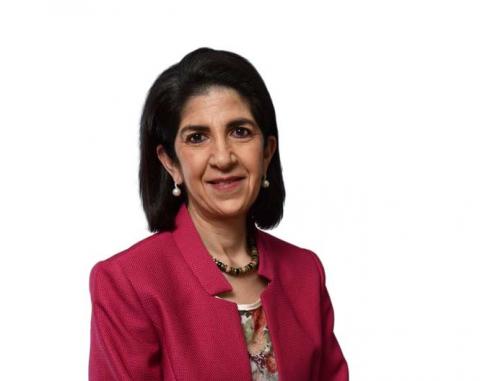2016 marked 15 years of CERN openlab. While the anniversary allowed a moment for us to reflect on the successes and achievements CERN openlab has made, it was also a chance to look ahead and see what opportunities the next three-year phase might bring.
Founded in 2001 to help develop the innovative systems needed to cope with the unprecedented ICT challenges of the Large Hadron Collider (LHC), CERN openlab unites science and industry at the cutting edge of research and innovation.
Collaboration is central in enabling CERN to fulfil its mission; CERN openlab is a prime example of this. For 15 years, this unique public-private partnership has worked to ensure that members of CERN’s scientific community have access to the very latest ICT solutions to help them carry out their challenging physics research. I would like to thank each of the companies collaborating in CERN openlab — as well as, most importantly, the people themselves — for their terrific efforts in supporting CERN’s work.
Throughout its existence, both education and training have been central to CERN openlab’s mission. The young researchers hired by CERN and funded by the collaborating companies continue to play a key role in CERN openlab’s work and are the catalyst for many creative ideas. To date, the CERN openlab Summer Student Programme alone has seen over 270 students —selected through a highly competitive process — come to the laboratory.
2016 was also an important year for looking forward. CERN openlab is continuing its work to support our research community, with a particular focus on the upgrades to the LHC and the experiments that will be carried out during the next two ‘Long Shutdown’ periods, known as ‘LS2’ and ‘LS3’. With the data rates from the experiments set to increase significantly, efforts have been focused on supporting the work to overhaul and modernise their data-acquisition systems. Work was also invested in ensuring that the maximum benefits are gained from the available hardware by contributing to making sure the software running on it has been fully optimised.
Work has now begun to identify the ICT challenges that will need to be tackled in CERN openlab’s sixth phase, which will run from 2018 to 2020. I am sure CERN’s scientific community will continue to greatly benefit from the solutions this unique public-private partnership produces.
Find out more in the latest CERN openlab annual report.

